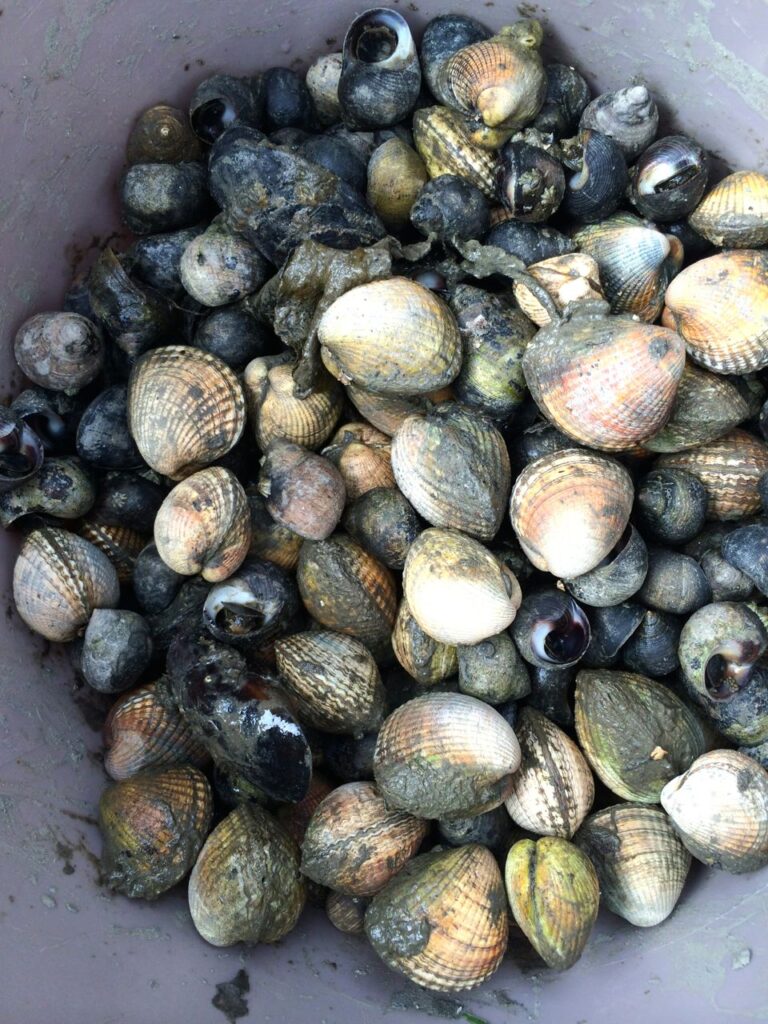Cockles are a delicious and nutritious source of protein. In addition, they provide omega-3 fatty acids, making them an excellent choice for a healthy diet.
Cockles live in sandy, sheltered environments and have a sturdy shell that protects them from physical damage, predators and drying out. They are a popular food in many parts of the world and can be eaten as part of a meal or as a snack.
Overview of Cockles as a Food Source
Cockles are a shellfish that can be eaten fresh or pickled. They are an excellent source of nutrients such as vitamins, minerals and proteins.
They are also low in calories, making them a healthy food choice for people who are trying to lose weight. They are an especially good source of iron and calcium.
Compared to other types of seafood, cockles do not contain significant amounts of mercury. This is a good thing because excessive mercury consumption can cause a number of negative health effects, including memory loss and neurological problems.
Culinary Uses and Traditional Dishes
Cockles, which are similar to clams and oysters, can be cooked in many ways. They can be steamed, boiled or sauteed.
These small bivalves offer a sweet and delicate flavor that is refreshing to the palate, and can be paired with a variety of other seafood dishes. They are also low in calories and are a good source of protein.
One of our favorite ways to cook cockles is by simply simmering them with a splash of white wine and some scallions. This is a dish that can be made in a matter of minutes.
Availability and Market Trends
Cockles are an increasingly popular seafood option across Europe and the United States. Originally used as bait, cockles have gradually transitioned into high-end plates.
The availability of cockles varies by region and season. Cockles are commonly found along coastlines and estuaries around the world, especially in coastal regions with a warm water climate.
Cockles are generally cultivated in shallow waters, and are harvested by hand. They are typically gathered at low tide, when the shells are still inflated with water. They are then steamed or roasted in their shells for easy cooking.
Health Benefits and Concerns
Cockles are nutrient-rich shellfish, and they offer important amounts of protein, omega-3 fatty acids, calcium and phosphorus. They also contain significant amounts of vitamin B12, which is essential for good health and can prevent anaemia.
A 100-gram serving of cooked cockles contains 79 calories, which is a lot less than other types of seafood (like tilapia). This low caloric intake means that cockles are an excellent food choice for people looking to lose weight.
Custodias, community-managed mangrove concessions, provide legal backing for local communities with little economic and political power to defend the resources and environments upon which they have relied for generations. However, the benefits of these concessions are not evenly distributed. Moreover, the decline of mangrove habitats has affected artisanal fisheries like the cockle, which is a primary source of income for coastal communities.
Sustainability Issues
Cockles are an important food source for people and a valuable resource for the marine environment. They are also an integral part of the culture and traditions of many countries along the Atlantic coast.
There are sustainability issues with the harvesting and consumption of cockles. This includes the negative impacts of the use of antibiotics, growth hormones and confinement.
The harvesting of cockles is often done through long lines and heavy nets, which can damage the environment. It can also spread pathogens such as hepatitis A and norovirus.
The exploitation of cockles can negatively impact on the habitat and ecosystems of other bivalve species in the same lagoon or estuary. We investigated the abundance and distribution of cockles in two estuaries, the Tagus and Sado, and their influence on other bivalve species.

